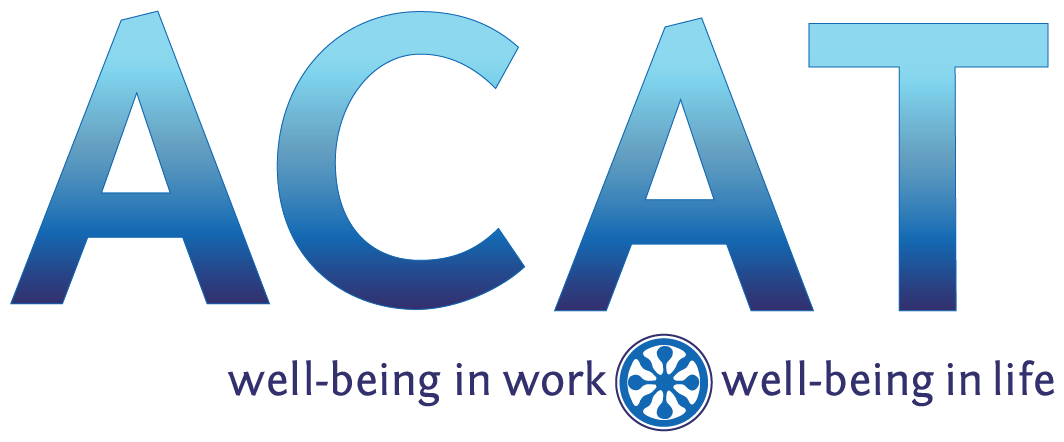 by Karen Krueger
by Karen Krueger
I recently heard the phrase "a delicate balance" twice in 24 hours: first, when a friend mentioned he had recently seen the current Broadway revival of Edward Albee's play of that name, and second, when I happened to hear an Alexander Technique teacher use it about the poise of the head. I was reminded of how often I have heard Alexander Technique teachers say that we are aiming for "a delicate balance" of the head on the top of the spine.
I have never liked this wording, and I don't use it with my students. But hearing the phrase twice in such a short period of time prompted me to wonder why. What is it about the word "delicate" that bothers me?
Here's the definition of the word given by my American Heritage Dictionary:
1. Exquisitely or pleasingly fine. 2. Frail in constitution or health. 3. Easily broken or damaged. 4. Requiring tasteful and tactful treatment. 5. Keen in sense discrimination or perception. 6. Manifesting sensitivity and attentiveness to the proprieties. 7. Regardful of the feelings of others. 8. Keenly accurate in response or reaction. 9. Soft or gentle in touch or skill. 10. Very subtle in difference or distinction. --See Synonyms at fragile.
Here's what the synonym list at "fragile" has to say:
Delicate ... suggests lack of durability or susceptibility to injury.
Reading these entries helped clarify for me why I don't want to think of my head balance as delicate: I don't like the idea of its being frail and injury-prone, as per definitions 2 and 3. In fact, I have found that a well-managed poise of the head releases a great deal of energy in the whole system.
The other definitions seem to me to describe the Alexander Technique in general, and the skills it teaches, rather than head balance in particular. Of all the many shades of meaning in this one word, the only one that seems at all relevant to my understanding of how the head balances on the top of the spine is the last of the ten definitions--"very subtle in difference or distinction."
It has definitely been my experience that subtle changes in head balance can have profound effects on the entire system--which is what I believe Alexander meant by "primary control." However, the experience of my head, neck and back that results is not delicate at all, but rather strong and powerful.
Probably those teachers who talk about the "delicate balance" of the head do not intend to say that this balance is frail or weak; it is my mind and my way of thinking that add that meaning. So this is an interesting illustration of the confounding power of vocabulary. Our language is simply not precise enough to ensure that we will all understand the same thing from the same words.
I believe our choice of words is worth examining because it can reflect and thus illuminate our priorities and values. Perhaps those who favor the phrase "a delicate balance" may seek, in their Alexander Technique work, to evoke a certain quality of being that might be called "delicate." One of the differences that I have discovered among Alexander Technique teachers is the degree to which they value and seek to elicit lightness, releasing and letting go, on the one hand, or energy and strength on the other hand. Of course, all of these qualities can happily co-exist, but many teachers seem to prioritize one or the other.
Despite my issue with this one phrase, I value both approaches for myself and for my students. Indeed, I seek a balance between the two--but a strong and energetic balance rather than a delicate one!
[author] [author_image timthumb='on']http://www.acatnyc.org/main/wp-content/uploads/2014/06/Kreuger.jpg[/author_image] [author_info]KAREN G. KRUEGER became a teacher of the Alexander Technique after 25 years of practicing law at two major New York law firms, receiving her teaching certificate from the American Center for the Alexander Technique in December 2010. Her students include lawyers, business executives, IT professionals and others interested in living with greater ease and skill. Find her at her website: http://kgk-llc.com. [/author_info] [/author]
